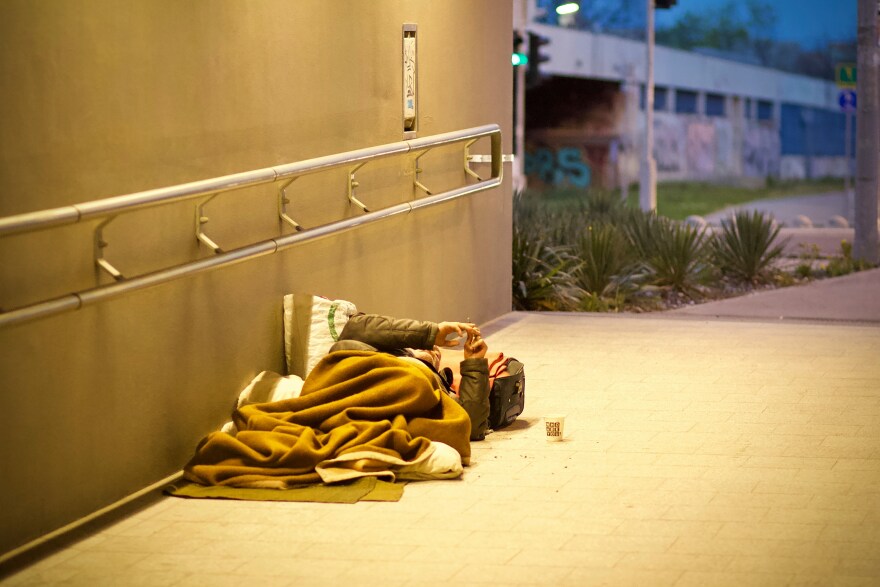A recent report from the University of Illinois Chicago (UIC) School of Public Health, prepared for the Illinois Department of Public Health (IDPH), sheds light on the severe health consequences faced by individuals experiencing homelessness in Illinois. The "Illinois Homelessness Morbidity and Mortality Report 2017-2022" reveals that people experiencing homelessness (PEH) have a significantly reduced life expectancy and face a higher risk of violent assault and homicide.
The study shows that PEH die nearly 20 years younger than the general population, with the average age of death being 56.3 years compared to 74.2 years. Since the onset of the COVID-19 pandemic, there has been a 36.6% increase in deaths among PEH, while the general population saw a 6.1% increase. The rise in deaths among PEH is partly attributed to an increase in fatal drug-related overdoses, which jumped from 27.1% pre-pandemic to 33.2% post-pandemic.
Additionally, PEH are nearly three times more likely to die from homicide than the general population, with 2.9% of PEH deaths resulting from homicide compared to 1% in the overall population. The report emphasizes the critical need for increased access to stable housing and healthcare services, including primary care, substance use disorder treatment, and behavioral health care for PEH.
IDPH Director Dr. Sameer Vohra highlights that housing is a crucial determinant of health and calls for collective efforts to address the disparities faced by PEH. The report aligns with Illinois' ongoing initiatives to enhance housing stability and health outcomes through programs like the Flexible Housing Pool, which aims to permanently house the most vulnerable individuals while providing necessary support.
The findings serve as a call to action for policymakers, community service providers, healthcare providers, and advocates to design and improve programs and policies that address the health inequities faced by the homeless population in Illinois.






